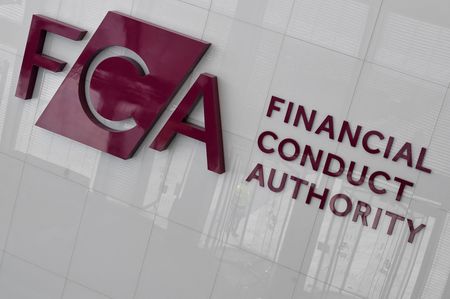By Valentina Za and Giuseppe Fonte
MILAN (Reuters) -The Italian government has approved a major reform of its Testo Unico della Finanza (TUF), the body of laws regulating investment services, financial markets and listed companies, first introduced in 1998.
Its aim is to improve the appeal of Italy’s thinning capital markets, encouraging more companies to list by offering them more flexibility and reinforcing the role of long-term shareholders through updated ownership and bid rules.
“The changes are not groundbreaking, more of a step in the right direction, a lot will depend on how effectively they are implemented,” said Emanuele Trucco, partner at law firm A&O Shearman.
The proposed reform needs to make its way through parliamentary committees before returning to the government for final approval, which is expected in March when another leg of the reform will have passed.
Here are the main features of the new law:
WHAT WILL CHANGE FOR TAKEOVER BIDS?
The proposed reform sets a single 30% threshold for stakes that require mandatory takeover bids, replacing the current dual system with 25% applied to large companies and 30% for smaller ones, aligning Italy with other major EU markets.
It also halves the reference period for calculating the offer price to six months from 12, making bids better aligned with recent market conditions.
The reform also lowers to 90% from the current 95% the stake a majority shareholder needs to acquire to be able to force a compulsory buyout of minority shareholders.
It also doubles to 10% from 5% the annual stake increase allowed for investors holding between 30% and 50% of a listed company without triggering a mandatory bid.
It introduces the “put up or shut up” rule, giving market regulator Consob the power to ask potential bidders to clarify their intentions when takeover rumours emerge. If they deny or fail to respond, they are barred from launching a bid for 12 months.
The reform also introduces an alternative route to acquiring full control – bypassing complex and costly formal public takeover bids – if shareholders approve the sale.
HOW IS CORPORATE GOVERNANCE AFFECTED?
The reform encourages remote or hybrid shareholder meetings, a format introduced during the COVID-19 pandemic, though shareholders holding at least 5% of a company can request a physical meeting.
WHAT CHANGES FOR THE ‘ACTING-IN-CONCERT’ TRIGGER FOR MANDATORY BIDS?
The reform revises the definition of shareholders acting in concert, clarifying the scope of what amounts to concerted action and allowing parties presumed to be acting in concert to provide evidence to the contrary.
WHAT IS THE DOWNLISTING OPTION?
To stem a growing wave of de-listings, the reform makes it easier for firms to move from regulated markets to trading venues with lighter regulatory requirements, such as Euronext Growth Milan, an Italian bourse trading facility for smaller companies.
WHAT IS THE NEW COOPERATIVE COMPLIANCE MODEL?
Financial firms can submit advance queries to Consob and the Bank of Italy to seek preliminary assessments on transactions they are considering or circumstances they face that may have regulatory implications, helping ensure compliance and reduce legal uncertainty before taking action.
(Reporting by Valentina Za in Milan and Giuseppe Fonte in Rome;Editing by Tomasz Janowski)











